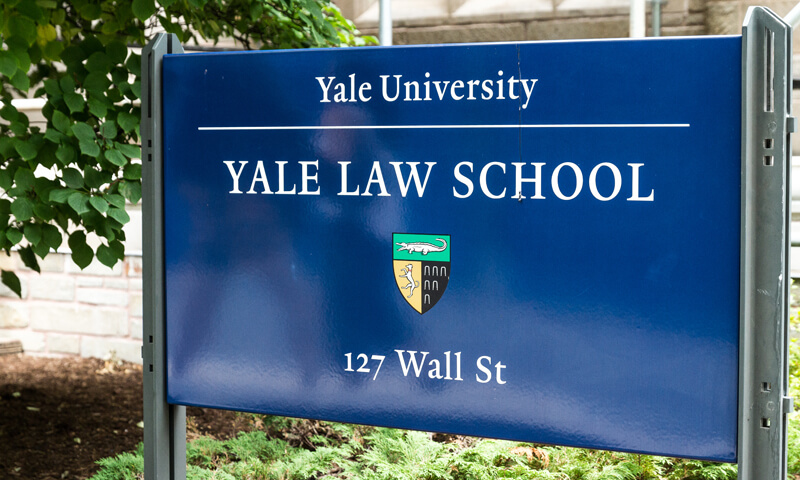Summary: Rutgers Law School is celebrating its Minority Student Program and the difference the program has made at diversifying the law school.
The Minority Student Program at Rutgers Law School was created in 1967 after the Newark Rebellion. The program aimed to diversify law school admissions at the school and give greater access to a legal education for those that were generally underrepresented. Any law student that can prove a history of disadvantage is eligible for the program.
Some of the students who benefited from the program include former Human Services Commissioner Jennifer Velez, former Chief Judge of the Newark Municipal Court Victoria Pratt, U.S. Senator Robert Menendez, Passaic County Prosecutor Camelia Valdes, Hudson County Prosecutor Esther Suarez and U.S. District Court Judge Esther Salas.
The MSP has helped turn out over 2,500 diverse lawyers since its creation who have helped build the legal profession in New Jersey and beyond, many of these were students that wouldn’t otherwise have the opportunity to pursue a higher education. Velez is one of those that likely would have faced insurmountable challenges. She grew up in a Moonachie trailer park, the daughter of an Ecuadorian immigrant and first in her family to attend college before becoming part of Rutgers Law School and eventually becoming the longest-serving Commissioner of Human Services in the state. She credits the MSP for helping her succeed in law school.
Velez said in school announcement presented by Tap into Newark, “I didn’t have role models who were lawyers and was intimidated by the prospect of attending law school. I wanted a supportive environment, and that’s exactly what MSP offered.”
Students that go through the MSP start with a two-week orientation in the summer to develop study groups, networking opportunities, alumni mentoring, career development workshops, and summer internships.
Menendez noted, “One of the things that you got through the MSP is how everybody came through some sort of struggle, and the desire to create change – whether that was change to the law, using the law as a tool of social justice, economic change, or change to the political process.”
Co-Dean Ronald Chen added, “MSP directed my career path in a way that I probably did not understand when I entered Rutgers Law School so many years ago. Initially, I might have thought MSP was just a support program. It’s much more than that. It provides a vision of the law as an instrument of positive social change by which to measure how I use my legal skills for the public good.”
Rutgers will celebrate the MSP’s 50-year anniversary with a daylong symposium, which features students, faculty, and alumni at the law school’s former site at 15 Washington Street. After there will be an evening gala at the Robert Treat Hotel in Newark. Over 100 current MSP students will attend the celebration, getting to meet former graduates and deans.
One of the current students is Felicia Roman, a Syracuse University graduate and of Trinidadian heritage. She said, “My experience in MSP have been such a rewarding experience. As someone who did not have any family members who were lawyers, I was extremely nervous and overwhelmed with the idea of being in law school. However, with MSP, I felt like I had a family within law school. I had readily available resources from MSP that I knew I could rely on whenever I needed to.”
Do you think this program is unfair to those students that are just average? Share your thoughts with us in the comments below.
To learn more about Rutgers Law School, read these articles:
- Rutgers Reveals Drop in Enrollment, Typical of Law School Environment
- Rutgers-Newark Law School Creates Fellowship for Graduates
- Merger Approved by American Bar Association, Rutgers Law School Created
Photo: commons.wikimedia.org

















































